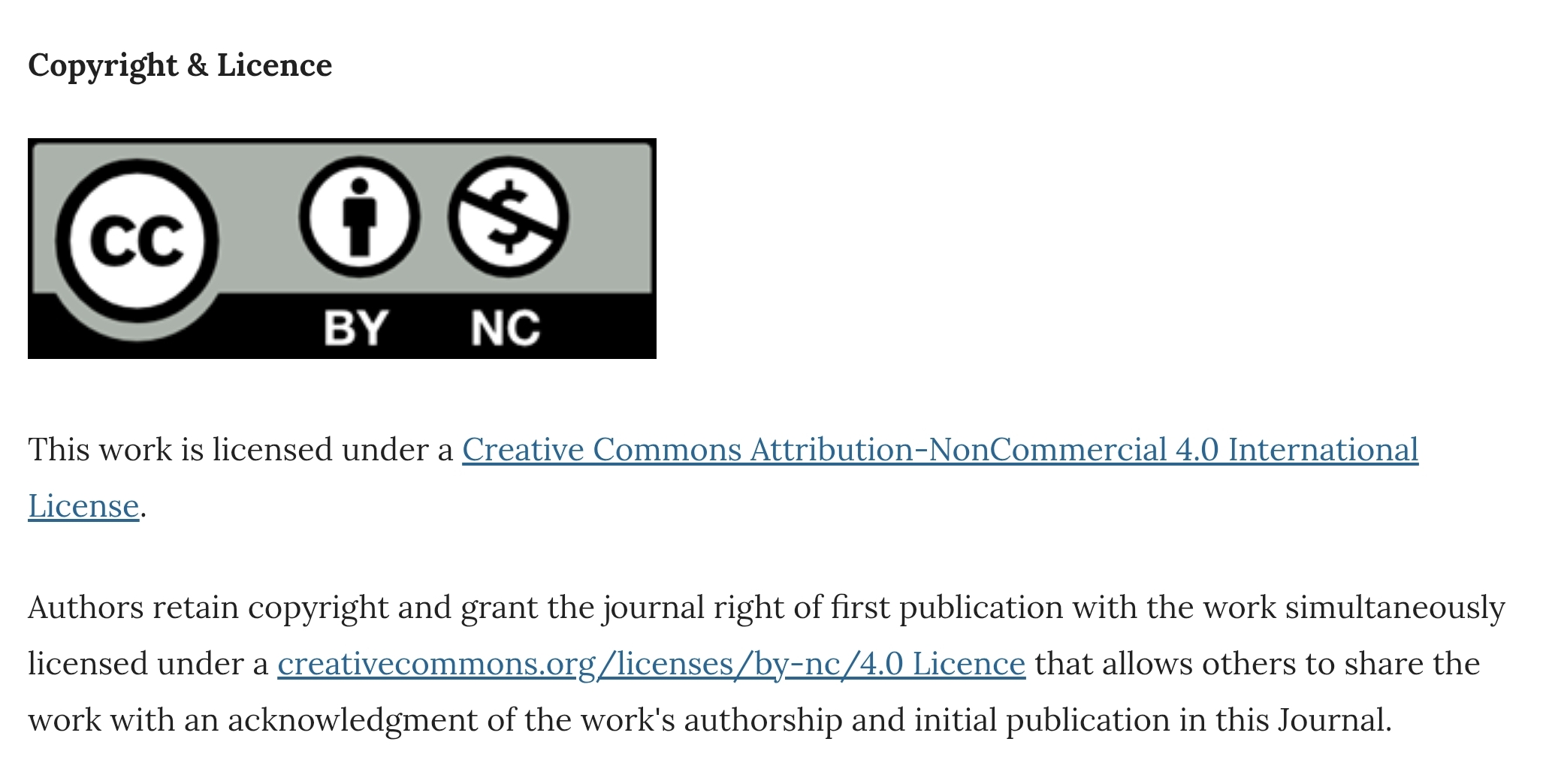Mental health consequences of isolation – a mixed-methods study from a tertiary COVID care setting
DOI:
https://doi.org/10.30834/KJP.35.2.2023.371Keywords:
COVID-19, mental health, isolation, mixed-methods studyAbstract
Background: Isolation of infected people is one of the strategies adopted to contain the spread of the COVID-19 pandemic. Understanding people’s mental health issues in hospital isolation is important because many are likely to develop psychological problems that need early intervention. Through this study, investigators aimed to assess the experiences and perceptions of people who had undergone hospital isolation for COVID-19 as well as the proportion of patients with symptoms of anxiety and depression and the factors associated with them. Methods: A mixed-methods study was conducted in a tertiary COVID care setting among inpatients of the COVID-19 isolation ward. A quantitative study was done among 75 inpatients. Symptoms of anxiety and depression were assessed using Hospital Anxiety and Depression scale. The data obtained were analyzed using R software. In-depth interviews (IDI) and focus group discussions (FGD) were the research methods used. Free listing, coding and creating coding categories of the transcribed and translated information were done using the R package for Qualitative Data Analysis (RQDA). Results: 22.67% of study participants had scores suggesting anxiety and 24% had depression. 14.67% had both. There was a significant association between marital status and levels of anxiety or depression (?²=7.86, df=3, p=0.04). The predominant themes that emerged from the qualitative study were psychological effects of isolation, positive coping, stigmatisation, fear of transmitting disease, concerns about the future, need for information, the necessity of isolation and the need for recreation. Conclusions: Isolation has both social and psychological impact. The study highlights the potential areas of impact which could help one to plan appropriate interventions. The need for providing adequate information about the details of isolation and efforts to alleviate stigma is also evident from the study.
Downloads
References
Brooks SK, Webster RK, Smith LE, Woodland L, Wessely S, Greenberg N, et al. The psychological impact of quarantine and how to reduce it: rapid review of the evidence. Lancet 2020;395(10227):912–20.
Hu Y, Chen Y, Zheng Y, You C, Tan J, Hu L, et al. Factors related to mental health of inpatients with COVID-19 in Wuhan, China. Brain Behav Immun 2020;89:587–93.
Kong X, Zheng K, Tang M, Kong F, Zhou J, Diao L, et al. Prevalence and factors associated with depression and anxiety of hospitalized patients with COVID-19. Preprint from medRxiv 2020. Available from: https://www.medrxiv.org/content/early/2020/04/05/2020.03.24.20043075
Department of Psychiatry, National Institute of Mental Health & Neurosciences, India. Mental health in the times of COVID-19 pandemic: Guidance for general medical and specialized mental health care settings. Bengaluru: NIMHANS; 2020.
Gammon J. The psychological consequences of source isolation: a review of the literature. J Clin Nurs 1999;8:13–21.
Sun N, Wei L, Wang H, Wang X, Gao M, Hu X, et al. Qualitative study of the psychological experience of COVID-19 patients during hospitalization. J Affect Disord 2021;278:15–22.
Ward D. Infection control: reducing the psychological effects of isolation. Br J Nurs 2000;9:162–70.
James PB, Wardle J, Steel A, Adams J. Post-Ebola psychosocial experiences and coping mechanisms among Ebola survivors: a systematic review. Trop Med Int Heal 2019;24:671–91.
Shultz JM, Althouse BM, Baingana F, Cooper JL, Espinola M, Greene MC, et al. Fear factor: The unseen perils of the Ebola outbreak. Bull At Sci 2016;72:304–10.
Kumar K, Mehra A, Sahoo S, Nehra R, Grover S. The psychological impact of COVID-19 pandemic and lockdown on the migrant workers: A cross-sectional survey. Asian J Psychiatr 2020;53:102252.
The United Nations Children's Fund. Social stigma associated with the coronavirus disease (COVID-19). 2020:1-5. Available from: https://www.unicef.org/documents/social-stigma-associated-coronavirus-disease-covid-19
Wilson JM, Lee J, Fitzgerald HN, Oosterhoff B, Sevi B, Shook NJ. Job insecurity and financial concern during the COVID-19 pandemic are associated with worse mental health. J Occup Environ Med 2020;62: 686-91.
Fardousi N, Douedari Y, Howard N. Healthcare under siege: a qualitative study of health-worker responses to targeting and besiegement in Syria. BMJ Open 2019;9:e029651.
Nyashanu M, Simbanegavi P, Gibson L. Exploring the impact of COVID-19 pandemic lockdown on informal settlements in Tshwane Gauteng Province, South Africa. Glob Public Health 2020;15:1443–53.
Downloads
Published
How to Cite
Issue
Section
License
Copyright (c) 2023 Mithila George, Priya Govindankutty Menon, K Vidhukumar (Author)

This work is licensed under a Creative Commons Attribution-NonCommercial 4.0 International License.












